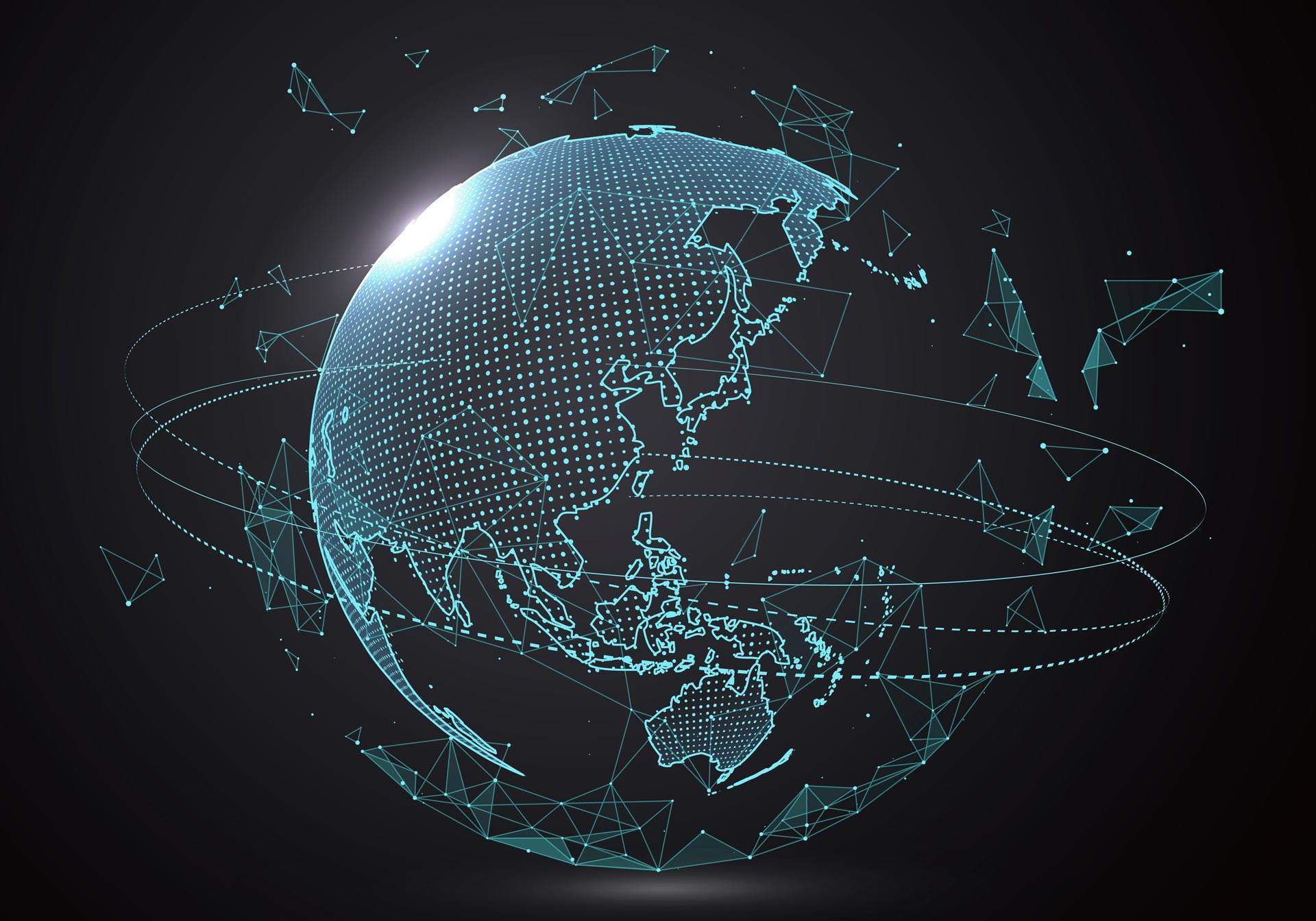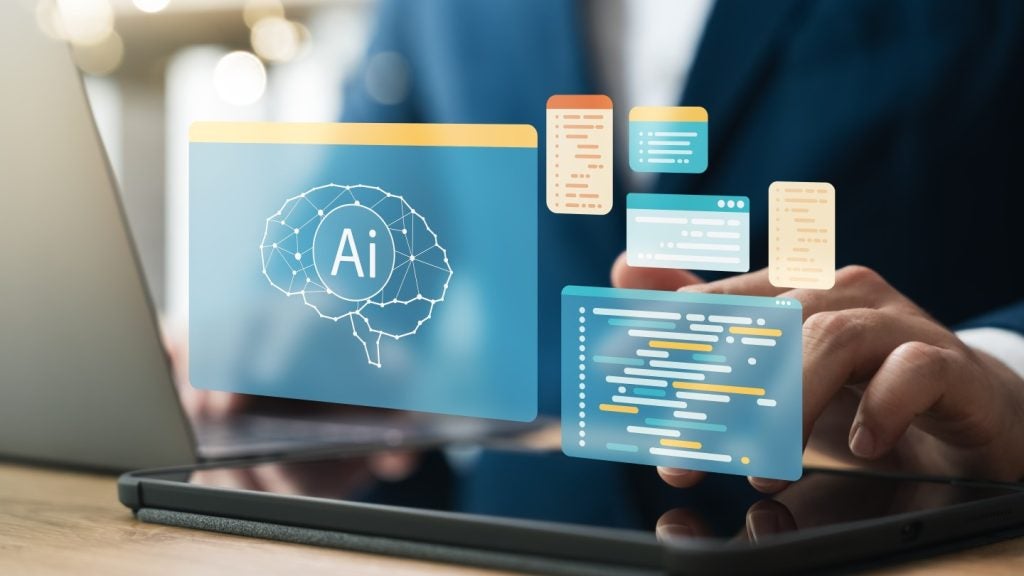
Advances in technologies such as blockchain, AI and 3D printing will result in significant trade growth over the next decade, according to Roberto Azevêdo, Director-General of the World Trade Organisation (WTO).
Speaking today at the Opening Plenary Debate of the WTO Public Forum 2018, which is focusing on the future of trade, Azevêdo said that is technological advances were correctly managed, they would lead to 30% trade growth by 2030.
“We certainly know that the world is changing; it is happening at an unprecedented rate. New technologies are emerging, environmental risks are growing and this is challenging the way that we think about trade,” said Azevêdo.
“If we have the right public policies in place, by 2030 the technological revolution could help to fuel additional trade growth of around 30 percentage points between now and 2030.
“That is huge but that is something that is possible if we do the right thing, if we take the right actions.”
Digital platforms to drive trade growth
Azevêdo argued that central to the growth of global trade in the 2020s will be the digital sphere, where products and services can be more quickly traded than through traditional established methods.
How well do you really know your competitors?
Access the most comprehensive Company Profiles on the market, powered by GlobalData. Save hours of research. Gain competitive edge.

Thank you!
Your download email will arrive shortly
Not ready to buy yet? Download a free sample
We are confident about the unique quality of our Company Profiles. However, we want you to make the most beneficial decision for your business, so we offer a free sample that you can download by submitting the below form
By GlobalData“More and more trade will be happening through digital platforms. New ways of delivering products will come on stream, new kinds of services will be created,” he said.
“We’re seeing new advances making our lives change everyday in so many different fields; in AI, in green technology, 3D printing, robotics, quantum computing and blockchain.
“So we have to ask: is the global trading system that we have today equipped for that new environment?”
Plugging the gap between trade rules and reality
Azevêdo argued that global trade practices would need to adapt to this advancing digital sphere, despite the core principals of the WTO remaining in place.
“I believe that the fundamental principles apply, and they are enshrined in the WTO agreements, for example the importance of clear rules, openness, cooperation, non-discrimination, but the question is: is this enough?” he said.
“In any system where you have a constitution, if it is not regularly updated you will see growing gaps between those basic principals that are in the text and the evolution of habits, behaviours and even ethical values, so more often than not it is the courts that step in to fill the gaps.
“Do we want to leave the task of filling the gaps to the courts, or do we want to sit down and fill the blanks together?”
This, he argued, is essential to ensure digital advances to do not lead to disproportionate trade growth where some groups are left behind.
“The world is changing before our eyes and although we can’t stop this evolution, we can shape it, and in fact I believe we have to shape it,” he said.
“If we do not it is inevitable that many will be left behind, it will create new social problems and sources of unease and unrest.”







